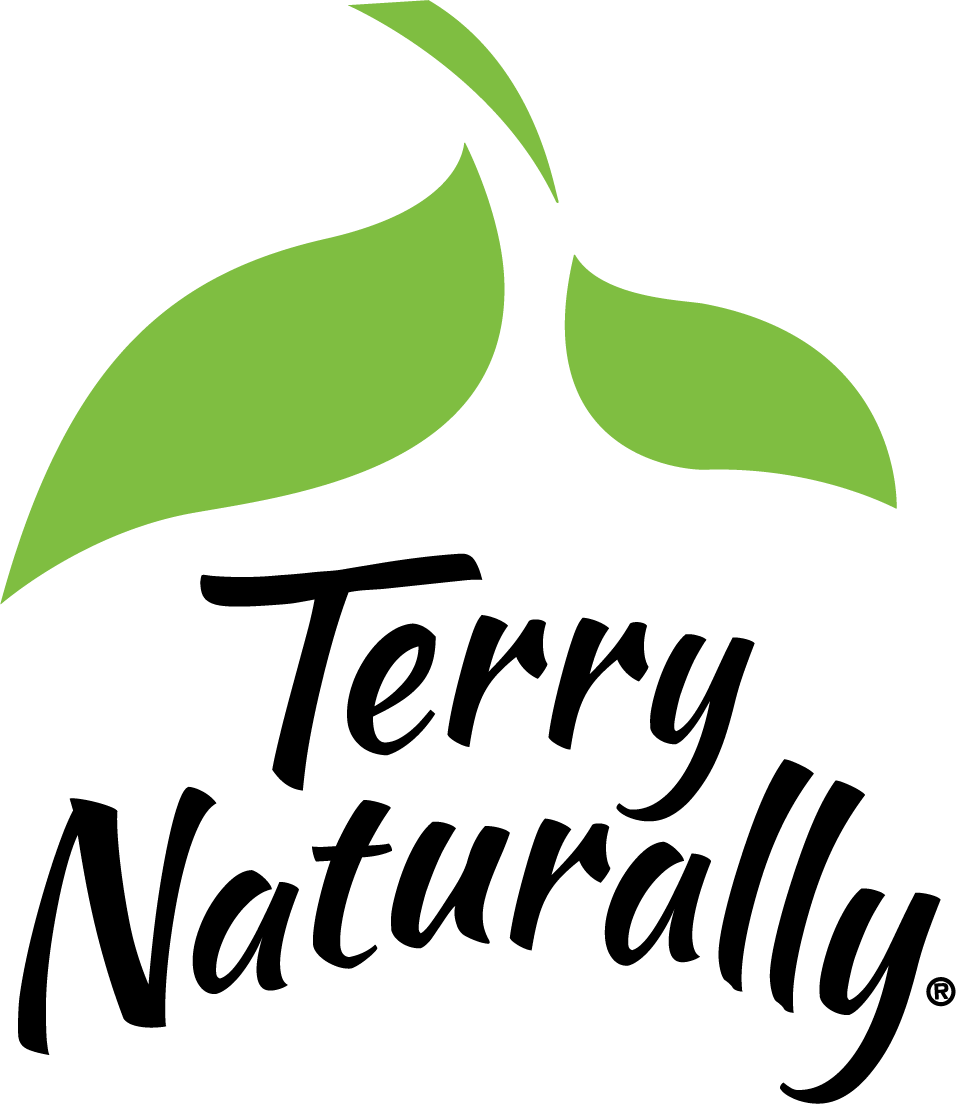While it is true that chemotherapy can kill any cancer, the problem is that it might kill the person, too. Much of mainstream oncology is determining the highest dose of chemo that can kill the most cancer cells while allowing the patient to survive. This doesn’t always work. In fact, about 20 to 25 percent of people being treated for cancer die of the chemotherapy and its side effects and not the disease. Conversely, there are cancers that were once almost universally fatal, especially childhood leukemias, that now are highly curable because of advances in chemotherapy. However, the more cycles of chemotherapy a person undergoes, the higher the risk of death.
Why would a person need multiple rounds of chemo? The best results are obtained with the first round of treatment. However, if the cancer comes back, the doctors use chemo again to try to get rid of the cancer or at least slow it down. It doesn’t work as well the second (or third or fourth or fifth) time around because cancer cells develop something called chemoresistance. Just as in antibiotic resistance, the surviving cancer cells are the ones that are the best at resisting the lethal effects of chemotherapy. And they start replicating again from the stem cells left behind—the cancer cells masquerading as normal and hiding in the body, only to recur months or years later.
What about supplementation?
Another conundrum is the use of dietary supplements while undergoing chemotherapy. When a person is diagnosed with cancer, it is a life changing event that often marks the beginning of major emotional and physical challenges. People are suddenly invested in finding anything—whether mainstream treatment or not—that will improve their chance of long-term survival, and/or reduce distressing symptoms and side effects. People are afraid and they understandably want answers.
Fortunately, researchers have tackled both these problems in looking at a) do certain supplements help chemotherapy work better and b) are there better results in using specific dietary supplements during treatment?
One researcher of particular importance is Dr. Ajay Goel, a cancer researcher and thought leader at the City of Hope Cancer Center. His team is at the forefront of new discoveries on the ability of natural plant medicines to treat cancer and assure better outcomes. He has published hundreds of peer-reviewed scientific papers on this topic, many of which are referenced below.
The results of this body of research— including human, animal, genetic, and cell studies—have been impressive. Some of the dietary supplements thus far investigated dramatically enhance the powers of chemotherapy, in part by making cancer cells more vulnerable, reducing chemoresistance, and even stopping the creation of stem cells. In every instance listed below, the combination far surpassed the use of chemotherapy alone, and demonstrably reduced chemoresistance. And I should mention that in none of these studies did the use of supplements impair the effects of the cancer treatment. If you are interested in reading more, the references are included for each description. You can find the abstract or the full text of the articles mentioned on the electronic archive of the National Institutes of Health (NIH), available at PubMed.gov.
Andrographis
Andrographis is an ancient Ayurvedic herb that has been respected for millennia for its health benefits. In these studies, an andrographis standardized to a minimum of 20% andrographolides produced much better cancer outcomes and improved the efficacy of the chemotherapies gemcitabine (often used for pancreatic cancer) and 5-fluorouracil, also called 5-FU (often used for colorectal cancer), reducing chemoresistance.
Okuno K, Xu C, Pascual-Sabater S, et al. Andrographis reverses gemcitabine resistance through regulation of ERBB3 and calcium signaling pathway in pancreatic ductal adenocarcinoma. Biomedicines. 2023;11:119 (gemcitabine)
Sharma P, Shimura T, Banwait JK, Goel A. Andrographis-mediated chemosensitization through activation of ferroptosis and suppression of β-catenin/Wnt-signaling pathways in colorectal cancer. Carcinogenesis. 2020:1-10 (5-FU)
Zhao Y, Wang C, Goel A. Andrographis overcomes 5-fluorouracil associated chemoresistance through inhibition of DKK1 in colorectal cancer. Carcinogenesis. 2021. Advanced publication data. (5-FU)
Berberine
Berberine is not a plant, but is a compound found in a number of plants, including Indian barberry. Berberine research is often on diabetes and heart disease, with excellent benefits noted for metabolic syndrome. However, researchers are now investigating its ability to reduce chemoresistance.
Okuno K, Xu C, Pascual-Sabater S, et al. Berberine overcomes gemcitabine-associated chemoresistance through regulation of Rap1/PI3K-Akt signaling in pancreatic ductal carcinoma. Pharmaceuticals. 2022;15:1199 (gemcitabine)
Curcumin
Curcumin is a polyphenol found in the spice turmeric. Curcumin’s ability to help people with cancer has been repeatedly confirmed by research. In fact, there are over 7,400 studies published and archived on the electronic database of the National Institutes of Health (NIH) specifically on curcumin and cancer. The first study is on a difficult to treat form of cancer called multiple myeloma and is a human clinical trial. Using an enhanced absorption curcumin that incorporates turmeric essential oil along with chemotherapy (melphalan) and steroids more than doubled the remission rate of this disease compared to people who received only chemo and steroids.
Curcumin is a dietary supplement that has a great deal of investigation into its use with chemotherapy and other cancer treatments. Below are studies on pancreatic cancer, head and neck cancer, liver cancer, and colorectal cancer.
Santosa D, Suharti C, Riwant I, et al. Curcumin as adjuvant therapy to improve remission in myeloma patients: a pilot randomized clinical trial. Casp J Int Med. 2022;13: 375-384 (melphalan)
Yoshida K, Toden S, Ravindranathan P, Han H, Goel A. Curcumin sensitizes pancreatic cancer cells to gemcitabine by attenuating PRC2 subunit EZH2, and the lncRNA PVT1 expression. Carcinogenesis. 2017 Oct 1;38(10):1036-1046. (gemcitabine)
Siddappa G, Ravindra D, Kulsum S, et al. Chemoprevention and Treatment Efficacy of Curcumin in Combination with Metformin in an in Vivo Oral Carcinogenesis Model. 5th International Federation of Head and Neck Oncologic Societies (IFHNOS). July 26th-30th 2014, New York, NY. Also presented at the 13th National Conference of Foundation for Head and Neck Oncology (FHNO). September 27th – 29th 2013 (metformin)
Miyazaki K, Morine Y, Xu C, et al. Curcumin-mediated resistance to Lenvatinib via EGFR signaling pathway in hepatocellular carcinoma Cells. 2023;12 (levatinib)
Yoshida K, Toden S, Ravindranathan P, Goel A. Curcumin sensitizes pancreatic cancer cells to gemcitabine by attenuating PRC2 subunit EZH2, and the lncRNA PVT1 expression. Carcinogenesis. 2017:1- 11 (gemcitabine)
Toden S, Okugawa Y, Jascur T, Wodarz D, Komarova NL, Buhrmann C, Shakibaei M, Boland, Goel A. Curcumin mediates chemsensitization to 5-fluorouracil through miRNA-induced suppression of epithelial-to-mesenchymal transition in chemoresistant colorectal cancer. Carcinogenesis. 2015 Feb 4 (5-FU)
Shakibaei M, Kraehe P, Popper B, Shayan P, Goel A, Buhrmann C. Curcumin potentiates antitumor activity of 5-flurouracil in a 3D alginate tumor microenvironment of colorectal cancer. BMC Cancer. 2015 Apr 10;15:250 (5-FU)
Shakibaei M, Buhrmann C, Kraehe P, Shayan P, Lueders C and Goel A. Curcumin chemosensitizes 5-Fluorouracil resistant MMR-deficient human colon cancer cells in high density cultures. PLoS ONE. 2014:9(1) (5-FU)
Tannin-free French grape seed OPCs
Grape seeds contain oligomeric proanthocyanidins (OPCs) that are great antioxidants, improve blood vessel strength and flexibility, and reduce blood pressure. Recently, scientists are beginning to explore its anticancer activities and ability to overcome chemoresistance. The grape seed extract used in this study is tannin free (meaning no large OPCs that cannot be absorbed).
Ravindranathan P, Pasham D, Goel A. Oligomeric proanthocyanidins (OPCs) from grape seed extract suppress the activity of ABC transporters in overcoming chemoresistance in colorectal cancer cells. Carcinogenesis. 29 Dec 2018. (5-FU and oxaliplatin)
Conclusion
These highlights are just a few examples of the vigorous research on supplementation and chemotherapy.

When in doubt, always consult your physician or healthcare practitioner. This article is intended to provide you with information to maintain your health.
